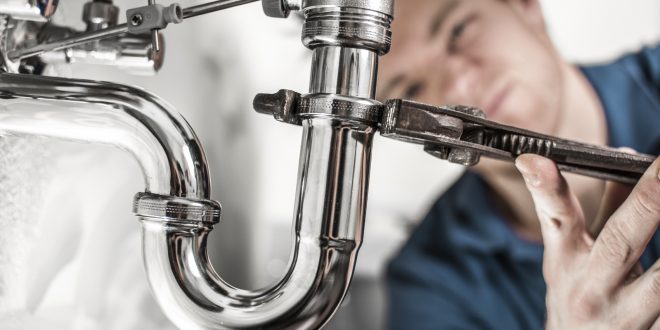Plumbing is a satisfying and always in-demand career. Since being your own boss offers more freedom and a flexible schedule to shape your future, starting your own plumbing business could be a great idea instead of working for a company. But it may require a lot of money, business management skills, and determination to succeed. If you have professional plumbing skills and are ready to reap the benefits of being your own boss, go through the article to find out how you can start a successful plumbing business from scratch.
Essential Steps to Start a Plumbing Business
1. Is Plumbing a Good Career for you?
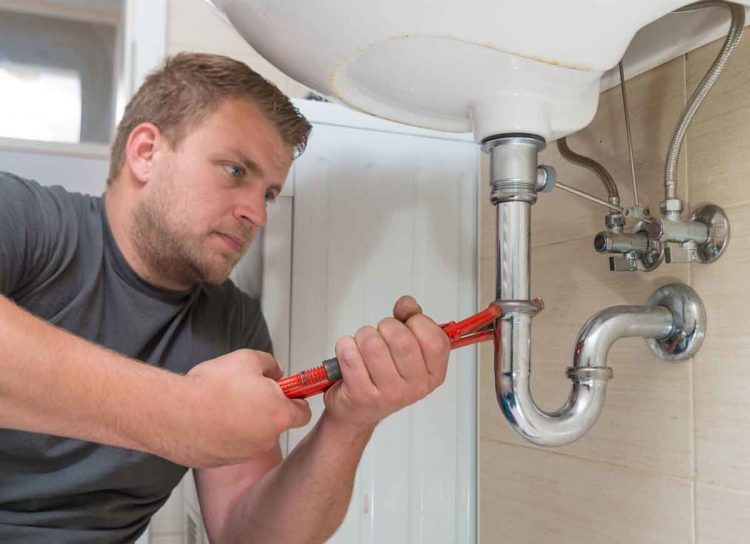
As it is mentioned above, plumbing is an always in demand career. Since we all depend on proper water supply and hygiene, we often need to hire plumbers in day-to-day life for the installation of water supply and sanitation. So, before spending a lot of money, think twice about whether plumbing is the right career for you or not. Along with money, professional skills, and tools, you may need creativity, math expertise, and problem-solving skills to deal with complex and larger plumbing jobs. That is the reason, you should do proper research to make an informed decision. Thanks to advanced technology, there are so many tools and materials that make plumbing jobs a lot easier than ever.
Develop a Business Plan
Creating a comprehensive business plan is a critical step for any aspiring entrepreneur in the plumbing industry. This plan serves as a roadmap for success, guiding your business’s growth and development. A well-crafted business plan outlines your goals, identifies your target market, analyzes the competition, and defines your marketing strategies. It also includes financial projections, budgeting, and operational plans.
By having a clear business plan, you gain a better understanding of your business’s direction, helping you make informed decisions and set realistic expectations. It acts as a reference point throughout your entrepreneurial journey, allowing you to track your progress and make necessary adjustments along the way. Moreover, a business plan is often required when seeking funding or attracting potential investors, as it demonstrates your commitment, professionalism, and strategic vision.
Continuous Education and Training
In the dynamic plumbing industry, continuous education and training are vital to stay ahead of the curve. Technology and techniques are constantly evolving, and staying up to date with the latest advancements is essential for maintaining a competitive edge. By investing in ongoing education, you can expand your knowledge, refine your skills, and adapt to changing industry standards tied to various issues such as workplace injuries for example.
Attending industry conferences, workshops, and seminars provides opportunities to learn from industry experts, gain insights into emerging trends, and network with fellow professionals. Joining professional associations and organizations related to plumbing can also offer valuable resources, certifications, and access to industry-specific training programs.
2. Meet All the Local Legal Requirements
There are several technical steps you need to take when it comes to starting a new business. Choosing an appropriate business name and registering it with local authorities is the first legal step. Your business should also comply with state laws and regulations to run operations and processes effectively. you should also decide on whether you want it a corporation or an LLC company. Registration for taxes is another most important step to start and run your business. Consulting with professionals can help you a lot in understanding and completing all the legal requirements before you officially start your business operations.
3. Get Certified
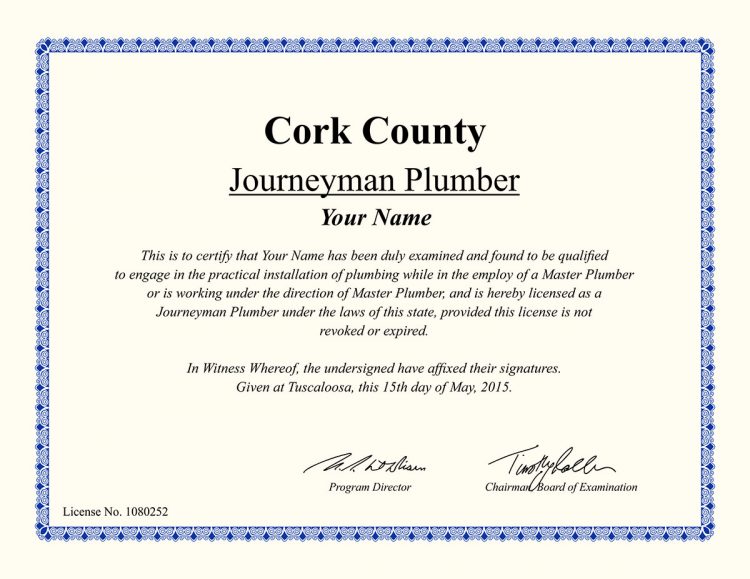
A plumber needs to have strong knowledge and information in math, technology, and science at the same time. He may also need a professional degree or diploma to get started as a professional plumber. This is the reason before you start your own plumbing business, make sure to join a professional certification program or degree to earn and master the necessary skills and expertise to handle complex plumbing jobs and tasks more efficiently. Certification can also help you stand out among competitors by making you a trustworthy and experienced professional.
4. Invest in the Right Business Insurance
Along with making your business bonded and certified, you may also need to invest in the right business insurance to make it look credible and insured. As you may need to deal with larger and complex plumbing jobs, there might be some accidents or workplace injuries you need to pay for. This is where plumber insurance comes into play. It not only protects your business from financial damages and losses but also makes it credible and professional too. It keeps you protected in case of any property damages, workplace injuries, or other damages as the insurer guarantees to compensate the damages or losses described in the insurance contract. Since there are several insurance options available these days, making the right choice may require proper research and homework. You can make use of business insurance comparison tools and calculators to make the insurance purchasing process easier. For more information, you can visit https://www.businessinsuranceusa.com/plumber-business-insurance.
5. Buy the Right Tools & Equipment
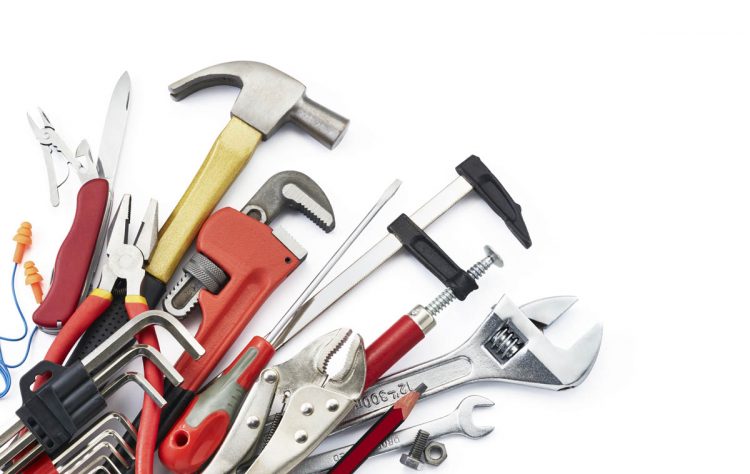
You should move on with a small strategy when starting your own plumbing business. You don’t need to spend all your bucks on the newest tools and equipment. But you need durable and necessary tools to get the job done perfectly. So, focus more on getting the most important tools at the start to save money for other important things. You can also opt for second-hand tools to save a lot of bucks while upgrading your toolbox with the necessary tools. Along with the necessary tools, you should also buy a professional uniform to show your clients that you are serious and sincere with your job.
6. Build an Online Presence
Once all the important and necessary steps are done, now it’s time to spread the word about your business. The Internet provides a lot of marketing opportunities to small businesses even without requiring a big marketing budget. You can start by creating profiles on local business listing platforms like Google my business, Bing Places, and Yelp, etc. Creating a business website is also a great idea to build a robust online presence to attract more clients. You should also create and optimize social media profiles with the right business details and information. If you have a good marketing budget for your new plumbing business, you should spend it on reliable digital marketing services to get it in front of the right audience. It will make your business look credible and help secure more clients online. Building a strong online presence is one of the must-haves when it comes to start and grow a business in this modern business landscape. If you are offering services locally, you should focus more on local business listing and review sites to appear in more online searches.
7. Keep Up with Latest Plumbing Trends & Innovations
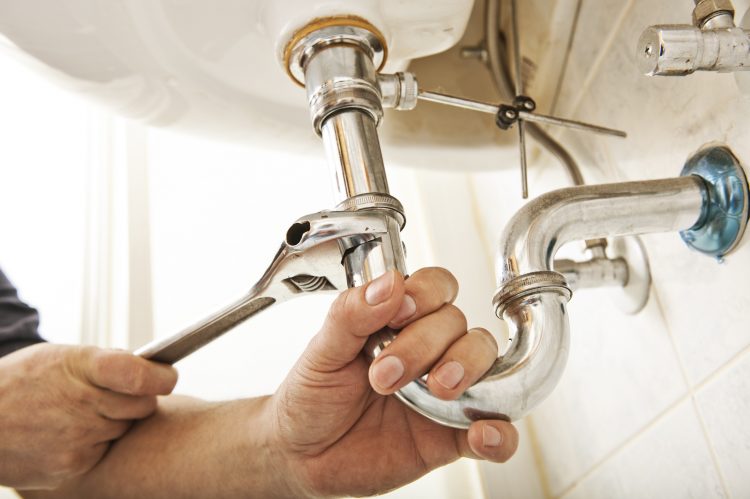
Right after starting business operations as a professional plumber, you should stay consistent with the changing technologies and trends. To do so, you need to stay up to date with the latest plumbing innovations, trends, and technologies. Stay informed about the latest industry news and updates so you can offer quality services accordingly. You can start reading plumbing business blogs and websites to get the latest updates and news in real-time. Starting your own blog is also a great idea to become an industry leader and show your potential and existing clients that you are on top of modern plumbing trends. Also, keep finding new ways to promote your business and services in the best possible way to grow your client base and generate more revenues. Provide your clients with excellent services and resolve their queries in real-time to make them stick around.
 Hi Boox Popular Magazine 2024
Hi Boox Popular Magazine 2024
